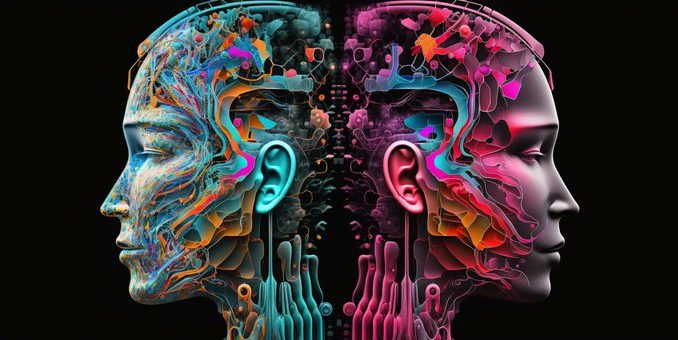
Historically, periods of rapid advancement and change have ushered in times of great uncertainty. Harvard economist John Kenneth Galbraith wrote about such a time in his 1977 book The Age of Uncertainty, in which he discussed the successes of market economics but also predicted a period of instability, inefficiency and social inequity.
Today, as we navigate the transformative waves of AI, we find ourselves on the cusp of a new era marked by similar uncertainties. However, this time the driving force isn’t merely economics — it’s the relentless march of technology, particularly the rise and evolution of AI.
Already, the impact of AI is becoming more discernable in daily life. From AI-generated songs, to haikus written in the style of Shakespeare, to self-driving vehicles, to chatbots that can imitate lost loved ones and AI assistants that help us with work, the technology is beginning to become pervasive.
AI will soon become much more prevalent with the approaching AI tsunami. Wharton School professor Ethan Mollick recently wrote about the results of an experiment on the future of professional work. The experiment centered around two groups of consultants working for the Boston Consultant Group. Each group was given various common tasks. One group was able to use currently available AI to augment their efforts while the other was not.
